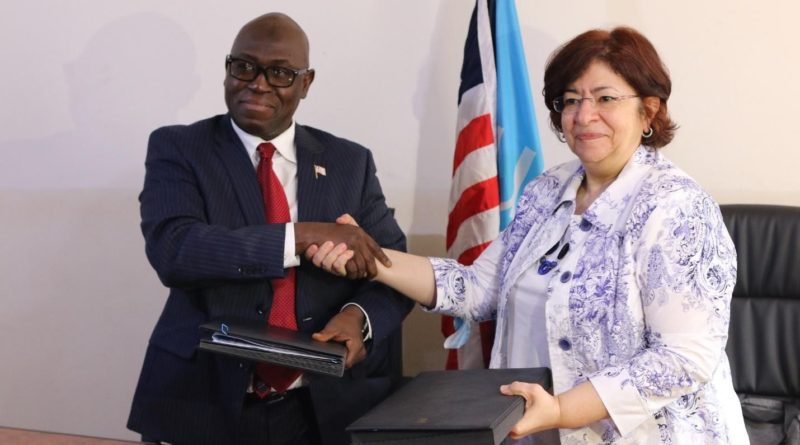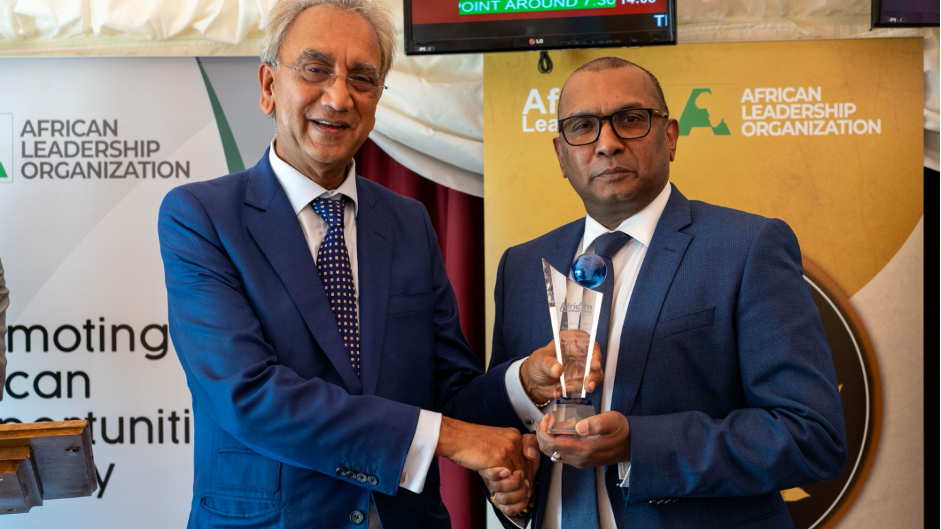The UN political chief urged Libya’s rival factions on Monday to agree on measures governing the transition to elections during talks in Geneva this week, expressing hope this will lead to long-awaited voting “at the earliest possible date”.
Rosemary DiCarlo told the UN Security Council that during talks in Cairo from June 12 to 20, the rivals reached “a broad consensus on most of the contentious articles” in the proposed 2017 constitution, which she called “commendable”.
Oil-rich Libya has been wracked by conflict since a Nato-backed uprising toppled and killed long-time dictator Muammar Qaddafi in 2011.
The country was then split into rival administrations; one in the east, backed by military commander Field Marshal Khalifa Haftar’s Libyan National Army; and another in the capital, Tripoli.
The Cairo meeting was the first to see Libya’s east-based parliament, the House of Representatives, and west-based High Council of State engage in “a serious review” of the constitutional proposal since its adoption in 2017, Ms DiCarlo said.
“We are encouraged that the leaders of both chambers have accepted the invitation of (UN) special adviser, Stephanie Williams, to meet in Geneva from June 28 to 29, to discuss and reach an agreement on the measures governing the transitional period leading to elections,” she said.
Ms DiCarlo urged the Security Council’s 15 member nations and all of Libya’s international partners “to call on the leadership of the two chambers to seize the opportunity presented by the agreement reached in Cairo” and “make elections happen”.
Libya’s plan for elections last December 24 fell through after the interim administration based in Tripoli, led by Prime Minister Abdul Hamid Dbeibah, failed to go ahead with the vote.
The failure was a major blow to international efforts to end a decade of chaos in Libya.
Mr Dbeibah refused to step down, raising questions over his mandate.
In response, the country’s east-based legislators elected a rival prime minister, Fathi Bashagha, a powerful former interior minister who is now operating an administration out of the city of Sirte.
The rival administrations are now claiming power, after tentative steps towards unity last year.
Ms DiCarlo called for work towards national reconciliation, warning that “continued political divisions are contributing to a tense security environment in and around Tripoli”.
The issue of Libya’s chief executive has not been resolved and she warned that as armed groups position themselves to support Mr Dbeibah or Mr Bashagha, “the risk of escalation increases”.
After the recent Cairo meeting, Libyan media reports claimed the main contested topic was the criteria for a presidential candidacy.
According to the reports, the Tripoli-based council insisted on banning military personnel from running for the country’s top post.
That was apparently a move directed at Field Marshal Haftar, a divisive military leader who announced his bid to run in December’s elections.
The east-based legislators called for allowing military personnel to run.
US deputy ambassador Richard Mills called it “appalling that small cabals of men, in most cases backed by weapons rather than popular legitimacy, have spent the last six months cutting deals and crafting schemes to determine who will be in power and who will get which spoils – while some three million Libyans are still waiting to exercise their right to vote for Libya’s leaders”.
“Libya has reached a critical moment and its leaders must choose a trajectory – whether to build consensus and foster unity that can lead to free and fair elections and stability or to wallow in the status quo and consign the Libyan people to uncertainty, stagnation and potential violence,” Mr Mills said.
Russia’s deputy UN ambassador, Dmitry Polyansky, blamed “the western aggression in 2011, which caused the Libyan state to collapse” for the continuing political crisis.
Mr Polyansky welcomed the progress at the Cairo meeting and expressed hope that this week’s Geneva talks would resolve differences between the political rivals.
But he warned that “due to the persistent inter-Libyan differences and the egotism of our western colleagues, the situation in Libya is liable to spiral out of control”.


